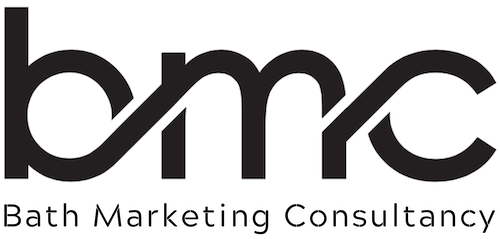Before outlining our top tips, I think it is important that I explain what is Google PPC and why does it matter as a marketing tool?
In today’s competitive digital landscape, getting your business in front of the right audience at the right time is everything. That’s where Google PPC—also known as Google Ads or AdWords—comes in.
Pay-Per-Click (PPC) advertising allows businesses to appear at the top of Google search results for specific keywords, driving targeted traffic to your website almost instantly. Rather than waiting months for organic rankings to improve, PPC gives you immediate visibility to potential customers actively searching for your products or services.
But running a successful Google Ads campaign is about more than just throwing money at keywords. To be cost-effective and deliver results, your campaigns need to be strategically structured, regularly optimised, and aligned with your wider marketing goals.
At Bath Marketing Consultancy, we specialise in creating and managing high-performing Google Ads campaigns tailored to your business. In this blog, we’ll explore the fundamentals of PPC, why it’s such a powerful tool, and how expert setup and ongoing management can make all the difference.
1: Select Specific, Niche-Relevant Keywords
Place yourself in your customer’s shoes. How would they search for your product/service on Google? Understand your market or niche well. Research the keywords someone would most likely use to lead to your product or service. The right set of keyword doesn’t have to catch a lot of traffic – just those people who are most likely to purchase from you.
2: Write Specific and Unique Ad Copies
Any pay per click expert would tell you that simple, specific and unique ads work best. Your ad headline should be straight-to-the point. Use your keyword on your ad headline and description as well. Including the product/service’s competitive price may also help your ad stand out.
3: Tailor-fit Your Ads For Every Keyword
A customized ad for every keyword you’re using will bring better results than a generic one. Customized ads matching the keyword used by searchers will get more attention and interest. Highlight your Unique Value Proposition. Observe proper formatting and please, no grammatical errors. Include your call to action as well.
4: Customise Your Landing Page
This is the most often-ignored part of most PPC campaign. A pay per click expert will tell you that your landing page must be related to the ad or keywords used to get to it. This avoids customer confusion.
5: Optimise Your Campaign Through Trial and Error
A successfully pay per click campaign takes continuous refinement. Find out which keywords give you the most conversions or sales. Drop those keywords or ads that aren’t bringing-in the paying customers, even if they do generate lots of traffic. Remember, you pay for every click your ad gets so every click counts!
Get in touch with Bath Marketing Consultancy to find out more about what we can do for yout business



